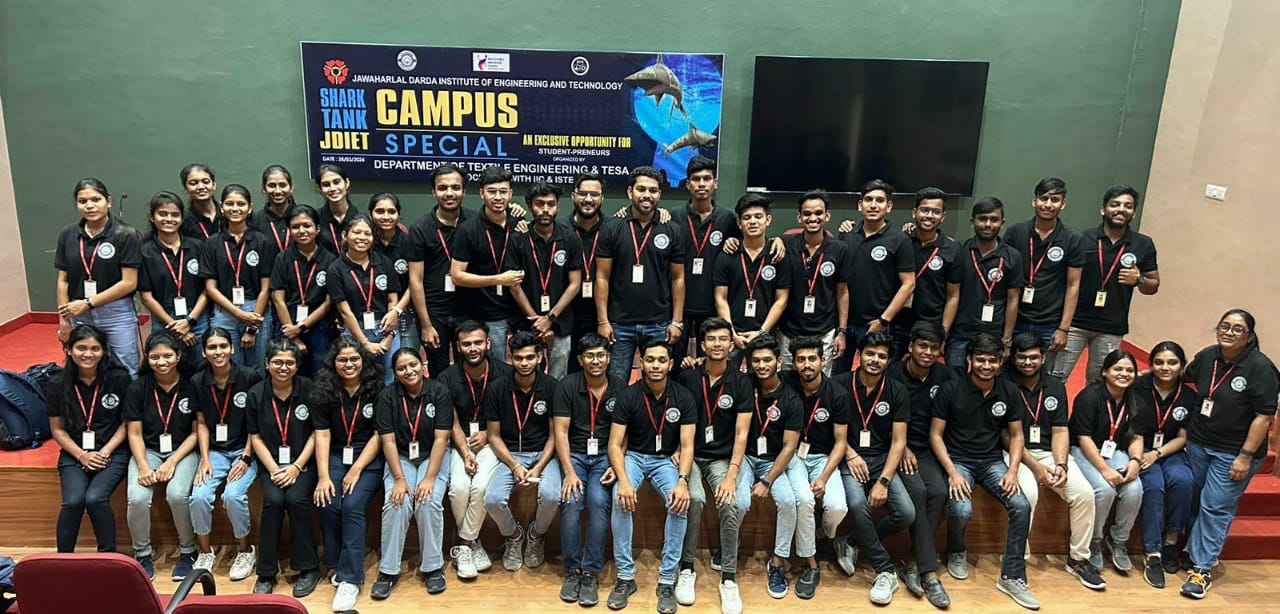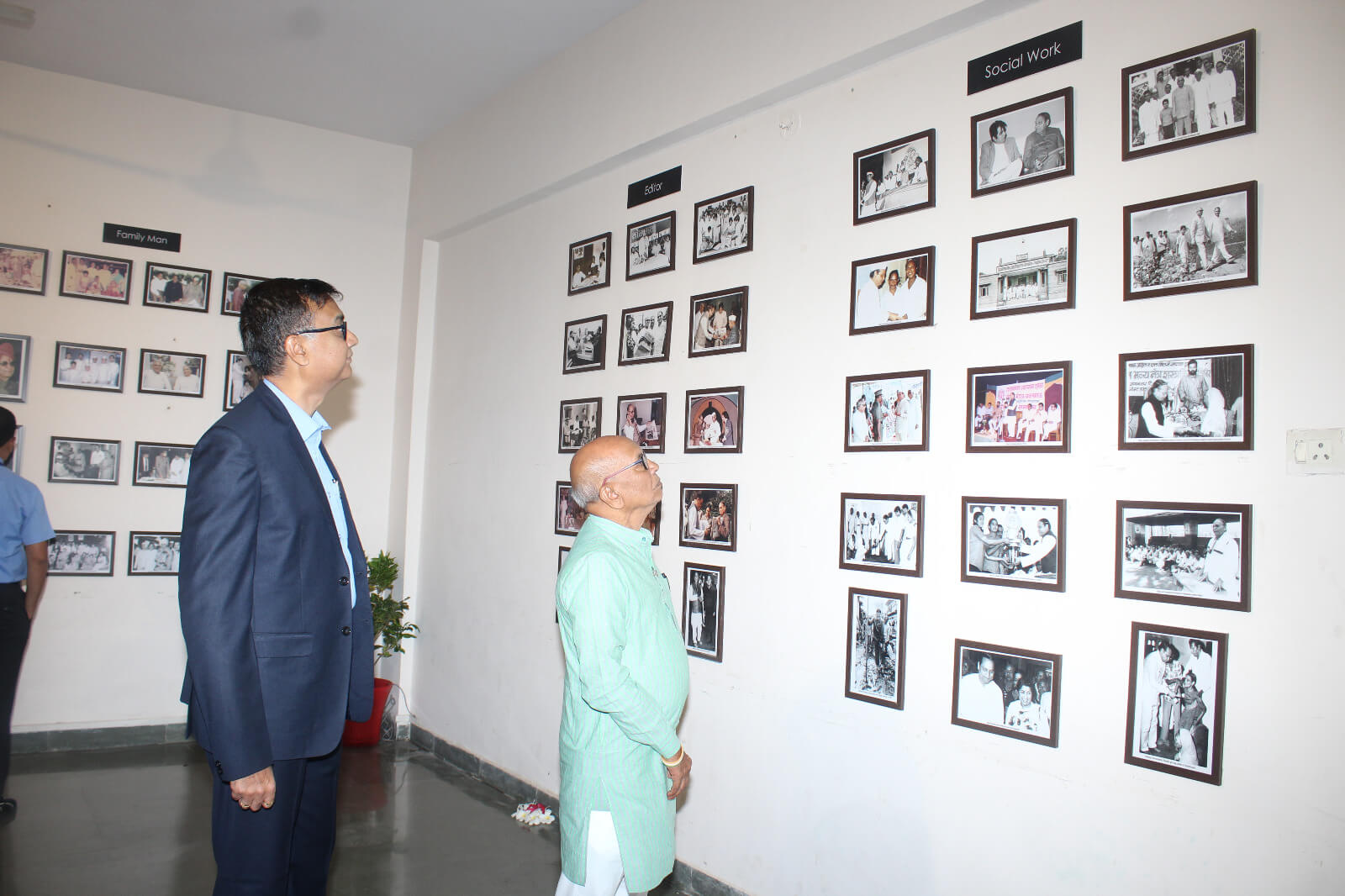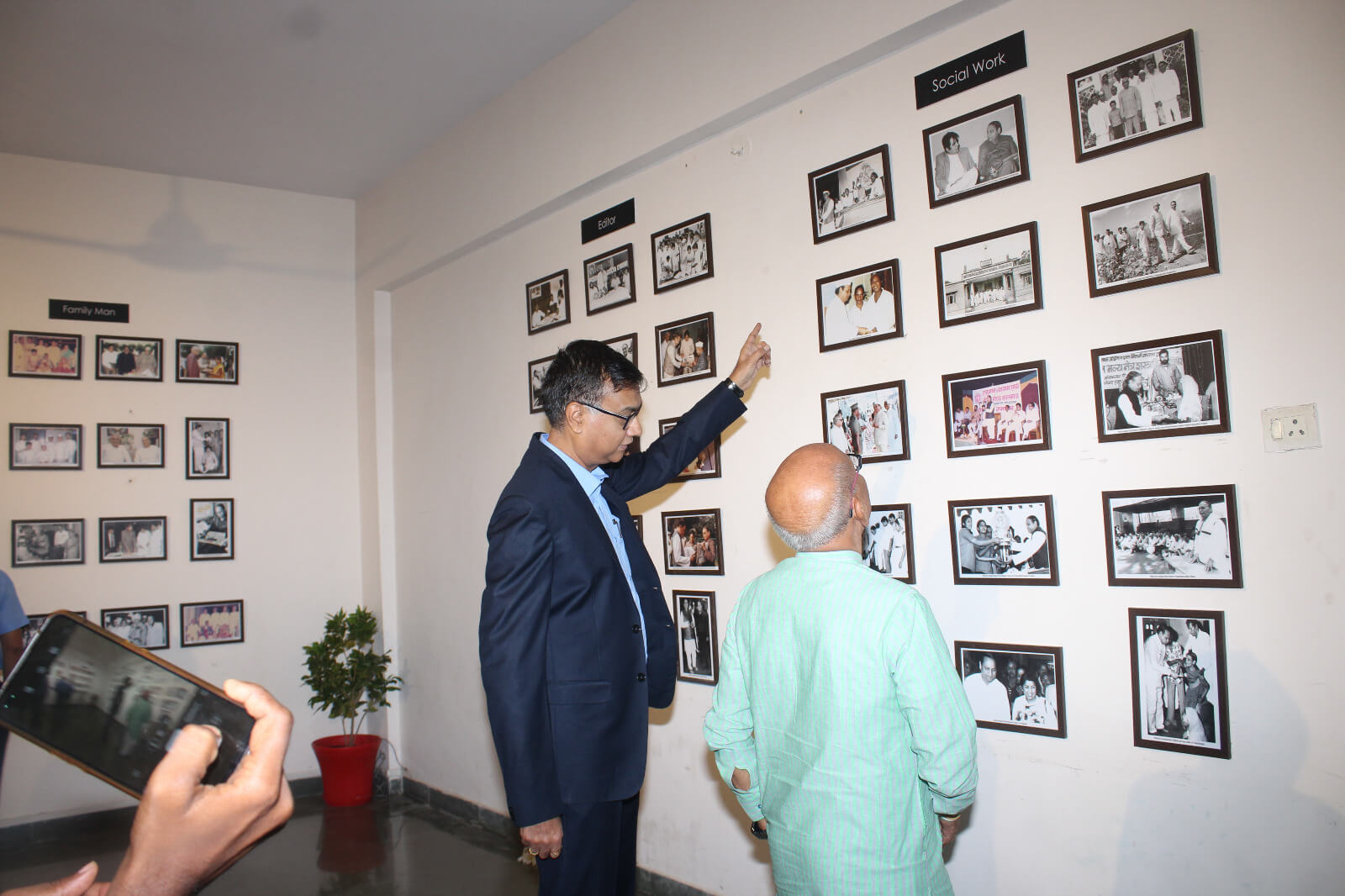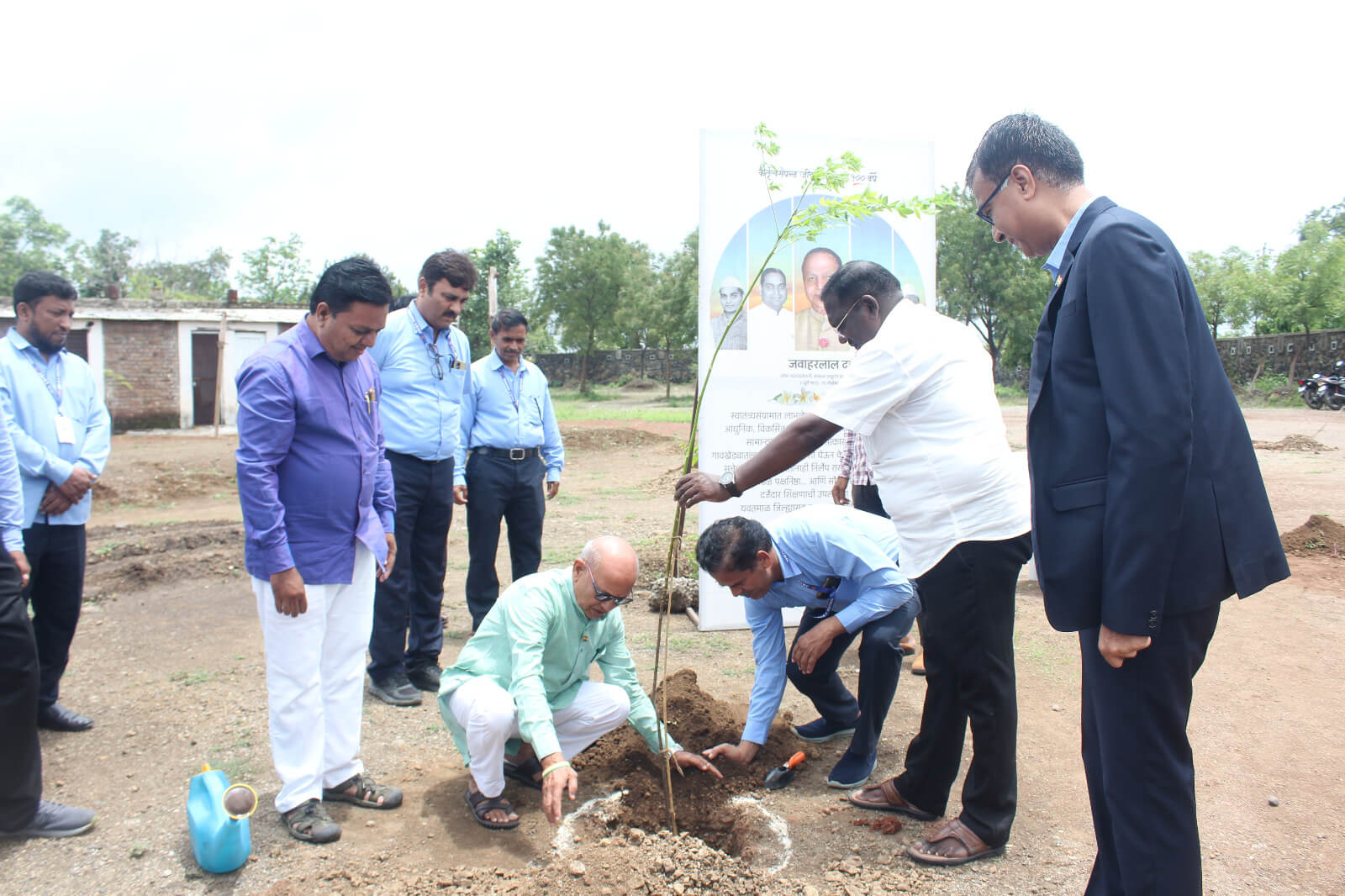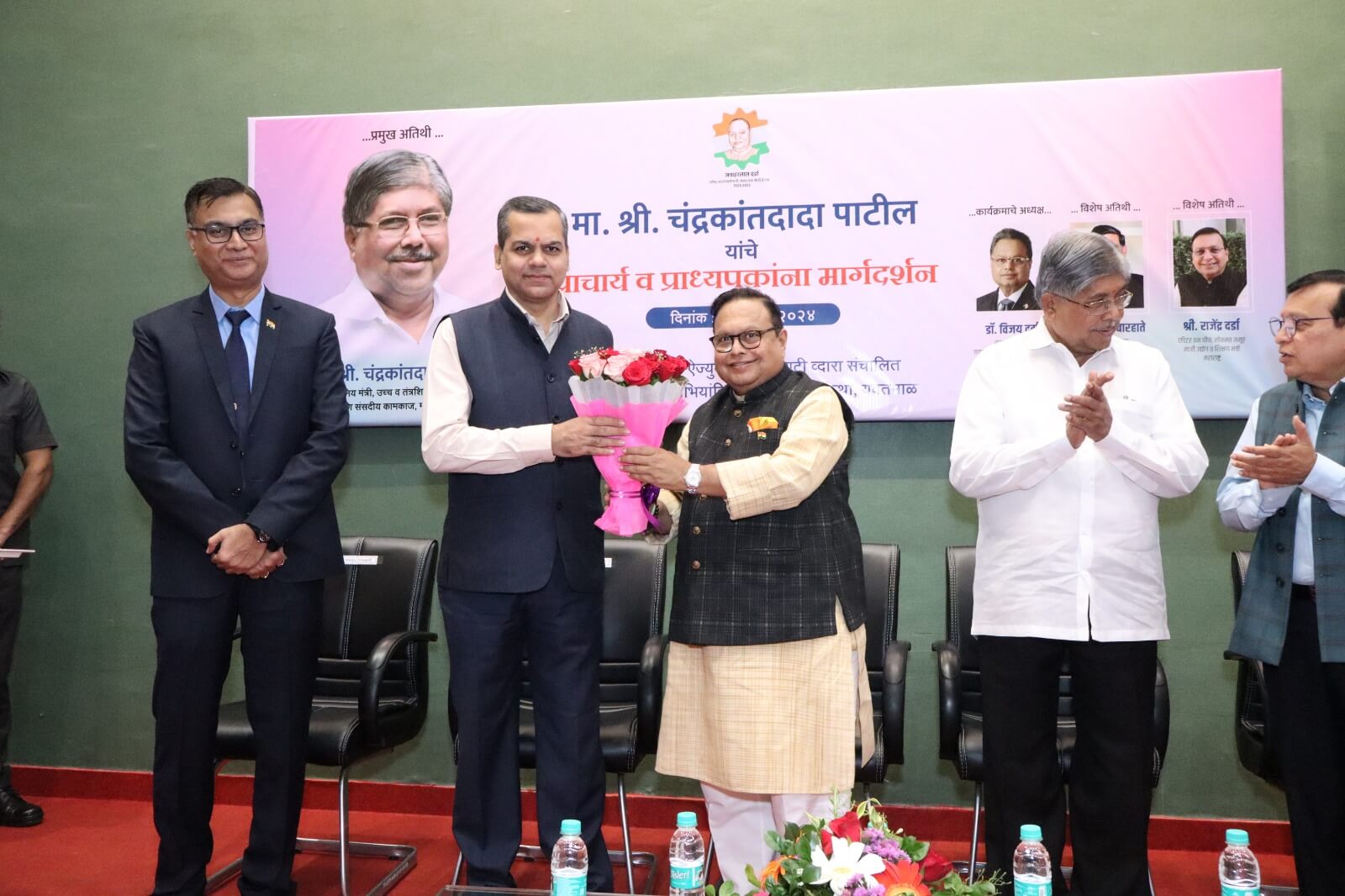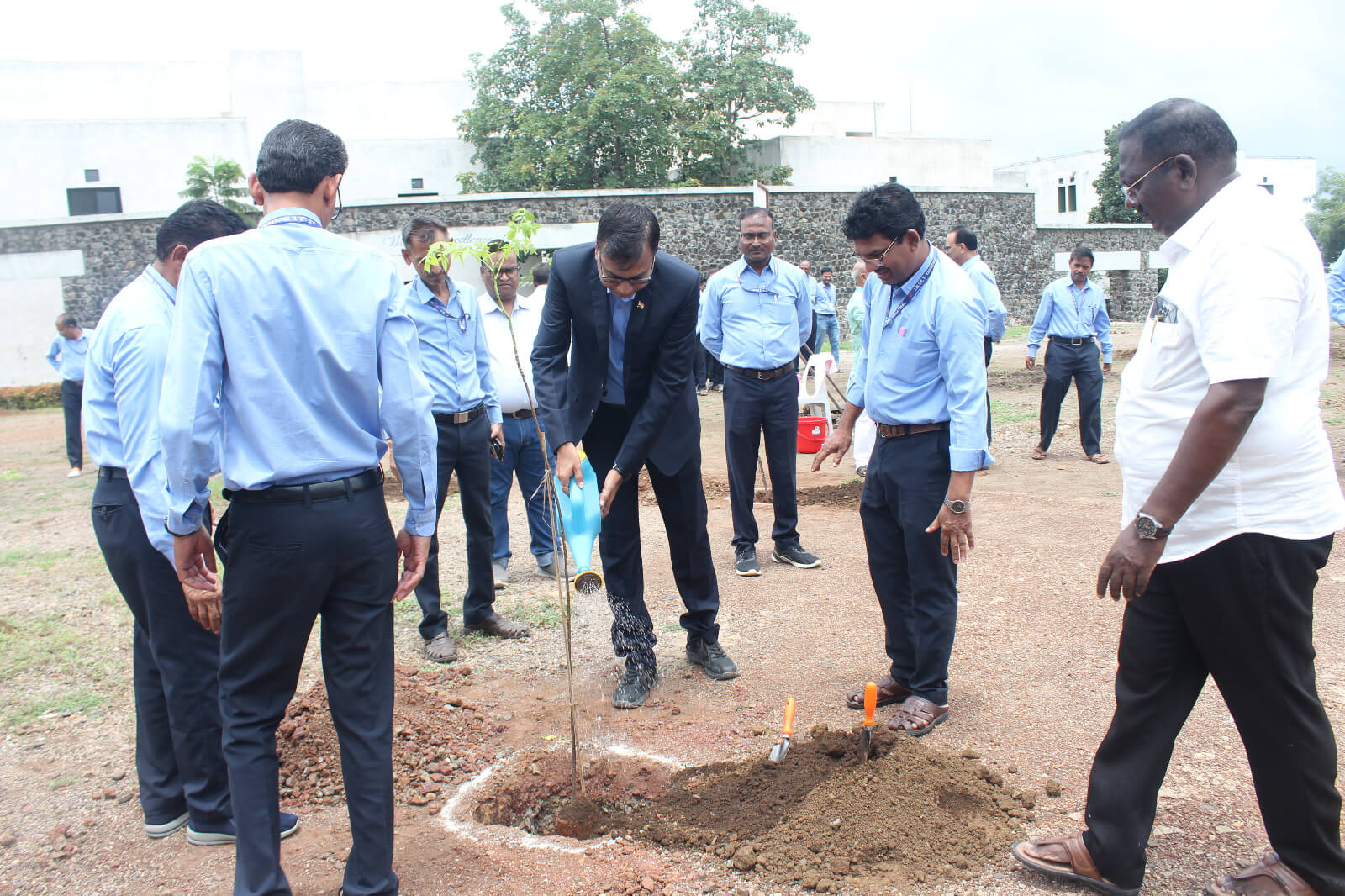Programme Educational Objective (PEO)
PEO1 - To demonstrate peer-recognized expertise together with the ability to articulate that expertise and use it for contemporary problem solving in the analysis, design and evaluation of electrical engineering and other technical systems.
PEO2 - To demonstrate engagement in the engineering profession, locally and globally, by contributing to the ethical, competent and creative practice of electrical engineering or other professional careers.
PEO3 - To prepare students to show sustained learning and adaptability to a constantly changing field through graduate work, professional development and self-study.
PEO4 - To demonstrate leadership and initiative to ethically advance professional and organizational goals, facilitate the achievements of others and obtain substantive results.
PEO5 - To demonstrate a commitment to teamwork while working with others of diverse cultural and interdisciplinary backgrounds.
Programme Outcome (PO)
Engineering Graduates will be able to:
PO1- Engineering knowledge: Apply knowledge of mathematics, science and electrical engineering fundamentals for solving the engineering issues.
PO2- Problem analysis: Exhibit skill to identify, formulate and analyze problems in electrical engineering.
PO3- Investigation of complex problems: Undertake research, apply research methodologies, interpreting and analyzing data to solve complex engineering problems.
PO4- Experimentation: Carry out experimentation, analyzing/interpreting the results and derive appropriate conclusions to attain the objectives pertaining to electrical engineering and allied branches of engineering.
PO5- Modern tool usage: Select and use appropriate modern software/ hardware tools and techniques in electrical engineering.
PO6- Design and Development: Exhibit skill to design a system, component or process to meet desired needs within realistic constraints such as economic, environmental, social, political, ethical, health and safety, manufacturability and sustainability.
PO7- Project management: Demonstrate practical knowledge and understanding of electrical engineering and management principles to apply these to one’s own work as a member and leader in a team, to manage projects.
PO8- Individual and team work: Contribute effectively as an individual member or leader in diverse teams for fulfilling career objectives.
PO9- Communication skill: Communicate effectively with the engineering community and society at large with skills in written/oral forms, documentations, effective reports and presentations.
PO10- Social and ethical responsibility: Use electrical engineering knowledge for social development by adhering to ethical principles and commitment to professional ethics.
PO11- Environment and sustainability: Understand the impact of engineering solutions in societal and environmental contexts for sustainable development.
PO12- Life-long learning: Recognize the need for and have the preparation to engage in life-long learning to cope up with technological changes.
Programme Specific Outcome (PSO)
The programme demonstrate the ability of graduate to:
PSO1 - Achieve acquaintance and conceptual knowledge supported with practical exposure in the field of electrical power system and utilization.
PSO2 - Apply knowledge for developing, controlling and analyzing electrical and electronic systems.
PSO3 - Contribute in the field of green energy, embedded systems and industrial automation to meet increasing demand of society.
Course Outcomes (CO)
3rd SEM to 8th SEM Course Outcomes



